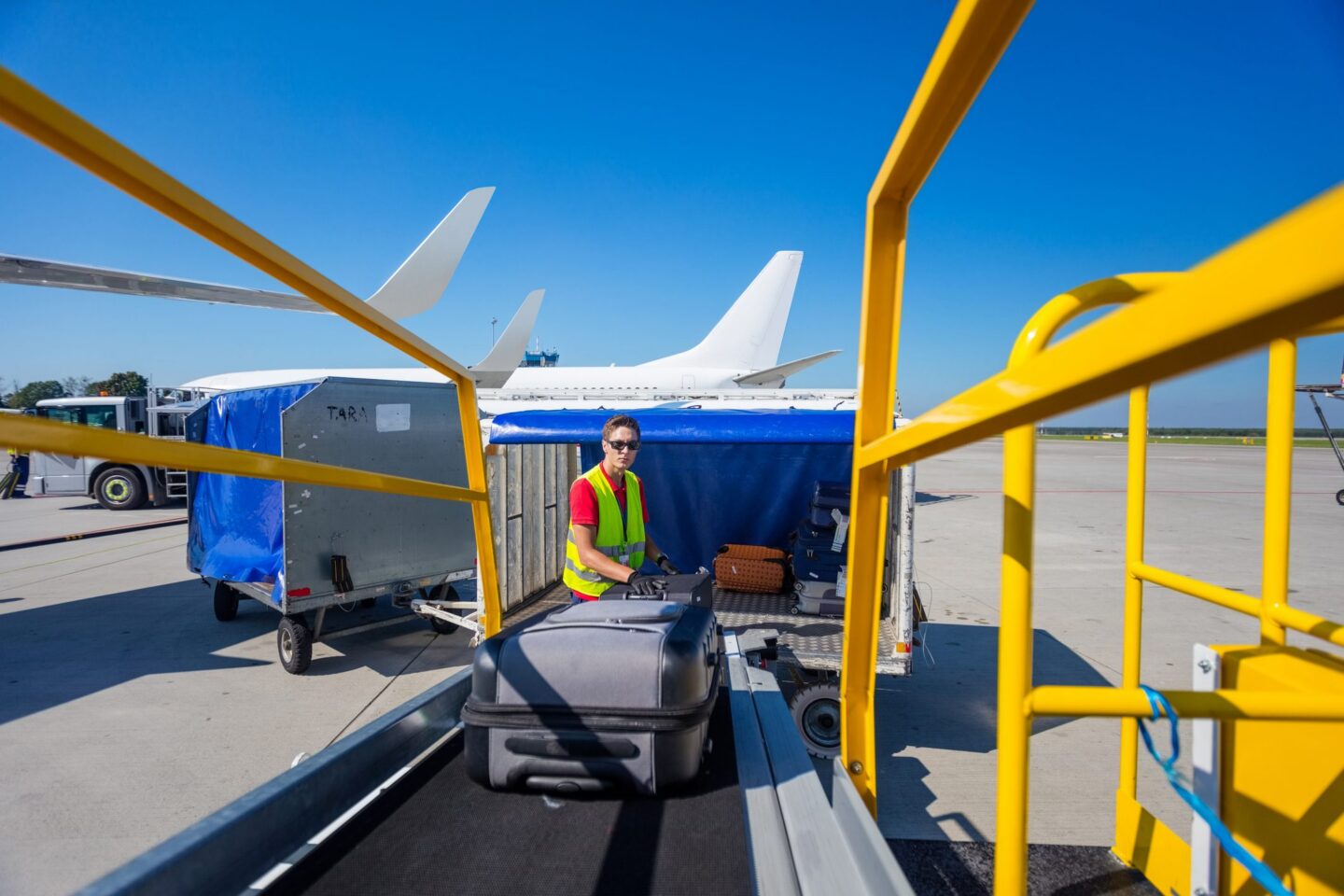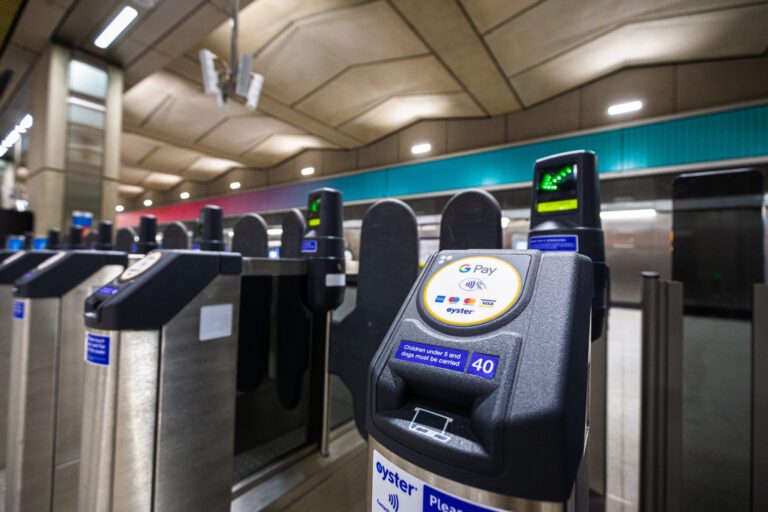Holiday costs can feel overwhelming, especially when you’re trying to balance the desire for a proper break with keeping your finances on track. The travel industry is full of hidden fees, confusing pricing, and marketing that makes everything sound like a bargain.
Monika Rok, our Membership Experience Officer, has become somewhat legendary around the London Mutual office for her ability to stretch her annual leave into what seems like constant globe-trotting. While she’s not a qualified travel expert, she’s certainly mastered the art of making her holiday budget work harder than anyone else we know.
Here’s how Monika manages to see so much of the world without breaking the bank — her personal tips from years of determined holiday planning.
Getting the best deals on booking
- Be flexible with dates and destinations Monika says, “choosing when and where to go away plays a big part in how much your trip will cost. It’s usually a good idea to give yourself a set of dates that you’re looking to go abroad and be flexible with the dates around it. If you can, being flexible with an entire month is the best option. Comparison sites and airline websites can tell you the cheapest options and destinations for that month.
- Setting specific dates to travel or only wanting to go to one specific place will restrict your options and you might end up missing out on cheaper deals.”
- Timing your bookings strategically There are two approaches that consistently deliver better value:
- Book well in advance for popular times like school holidays and bank holidays. Travel companies know these periods are in high demand and price accordingly. If you need to travel during peak times, booking months ahead usually offers better rates.
- Consider last-minute deals if you can be spontaneous. Airlines and hotels often discount unsold inventory close to departure dates. This works particularly well for short breaks rather than longer holidays.
- Choose smart travel times Avoid the peak summer rush if possible. Travel outside school holiday periods typically costs 20-30% less than peak season. If you must travel in summer, consider early July or late August rather than the peak weeks.
For flights, Monika suggests, “make the most of your money and time by travelling early in the morning or late at night. When flying to your destination, aim to get there as early as possible so you can check in quickly and start relaxing. On the day you fly back, get an evening flight so that you still have a full day of holiday before you have to leave. Seems like common sense, but by doing this you’ll give yourself two extra full days rather than days cut short by travelling.”
Where to book for the best value
Use comparison sites effectively Rather than booking directly, start with comparison sites to understand what’s available:
- Skyscanner for flights, with good flexible date options
- Kayak for flights, hotels, and car rentals with comprehensive comparisons
- Booking.com for accommodation with good filter options
- Hotels.com for hotels with loyalty rewards that can add up
Pro tip from Monika: “Once you find a good hotel price online, try calling the hotel directly. They sometimes match or beat online prices to avoid paying commission to booking sites.”
When package deals make sense If you don’t have time or simply don’t want to scroll through comparison sites, Monika suggests a package holiday might be the best option. Package holidays can offer genuine savings, particularly for beach destinations or city breaks. Sites like On The Beach and lastminute.com often bundle flights and accommodation at lower combined prices.
The added benefit is ATOL or ABTA protection, which means you’re covered if the tour operator runs into problems. This protection is worth having, especially for more expensive trips.
Essential costs you shouldn’t skip
Travel insurance
This might seem like an unnecessary expense, but it’s not worth the risk of going without. Medical costs abroad can run into thousands, and lost luggage or trip cancellations can be expensive to handle yourself.
Quick insurance tips:
- Check if your bank account includes travel insurance
- Use comparison sites for standalone policies
- Consider annual policies if you travel more than twice per year
- Read the policy details, particularly around pre-existing medical conditions
Managing money abroad
Modern banking has made spending abroad much simpler, but there are still ways to save:
With London Mutual’s current accounts, you get fee-free overseas transactions, which eliminates those annoying foreign transaction charges that can add up quickly on a holiday.
If you need cash, get it from ATMs at your destination rather than exchanging money in the UK, where rates are typically worse. Just remember that foreign coins can’t be exchanged back, so use them up before you leave.
Financing your holiday sensibly
Sometimes the holiday you want costs more than you can comfortably pay upfront, especially if you’re booking well in advance to get better rates. This is where thinking about financing makes sense.
London Mutual offers personal loans that can help spread the cost of holidays over a manageable period. Rather than putting everything on credit cards with higher interest rates, a personal loan gives you a fixed monthly payment and a clear payoff date.
This approach works particularly well if you’re:
- Booking early to secure better rates but don’t want to pay the full amount upfront
- Planning a significant trip like a honeymoon or milestone celebration
- Combining your holiday with other expenses like new luggage or travel gear
The key is borrowing sensibly — only what you can comfortably repay, and for trips that represent genuine value rather than impulse purchases.
Making your money go further
- Plan beyond the basics Factor in all the costs, not just flights and accommodation. Airport transfers, meals, activities, and shopping can add significantly to your total spend. Having a realistic budget for these extras prevents overspending once you’re there.
- Consider what matters most to you Monika suggests focusing your budget on what will make the biggest difference to your experience. If you plan to spend most time exploring, a simpler hotel in a great location might be better value than a luxury resort where you’ll barely use the facilities.
- Book key activities in advance Popular attractions often offer online discounts and skip-the-line access when booked ahead. This saves money and time, particularly in busy destinations.
The bigger picture
Holidays are an investment in your wellbeing and relationships, not just an expense. The key is finding the balance between getting good value and not compromising on the experience you’re looking for.
Monika’s final advice: “Don’t just chase the cheapest option if it means you won’t enjoy yourself. But equally, don’t assume expensive means better. Focus on what will genuinely make your holiday memorable and work backwards from there.”
Planning ahead, being flexible where you can, and understanding your financing options means you can take the holidays you want without the financial stress that sometimes comes with them.






